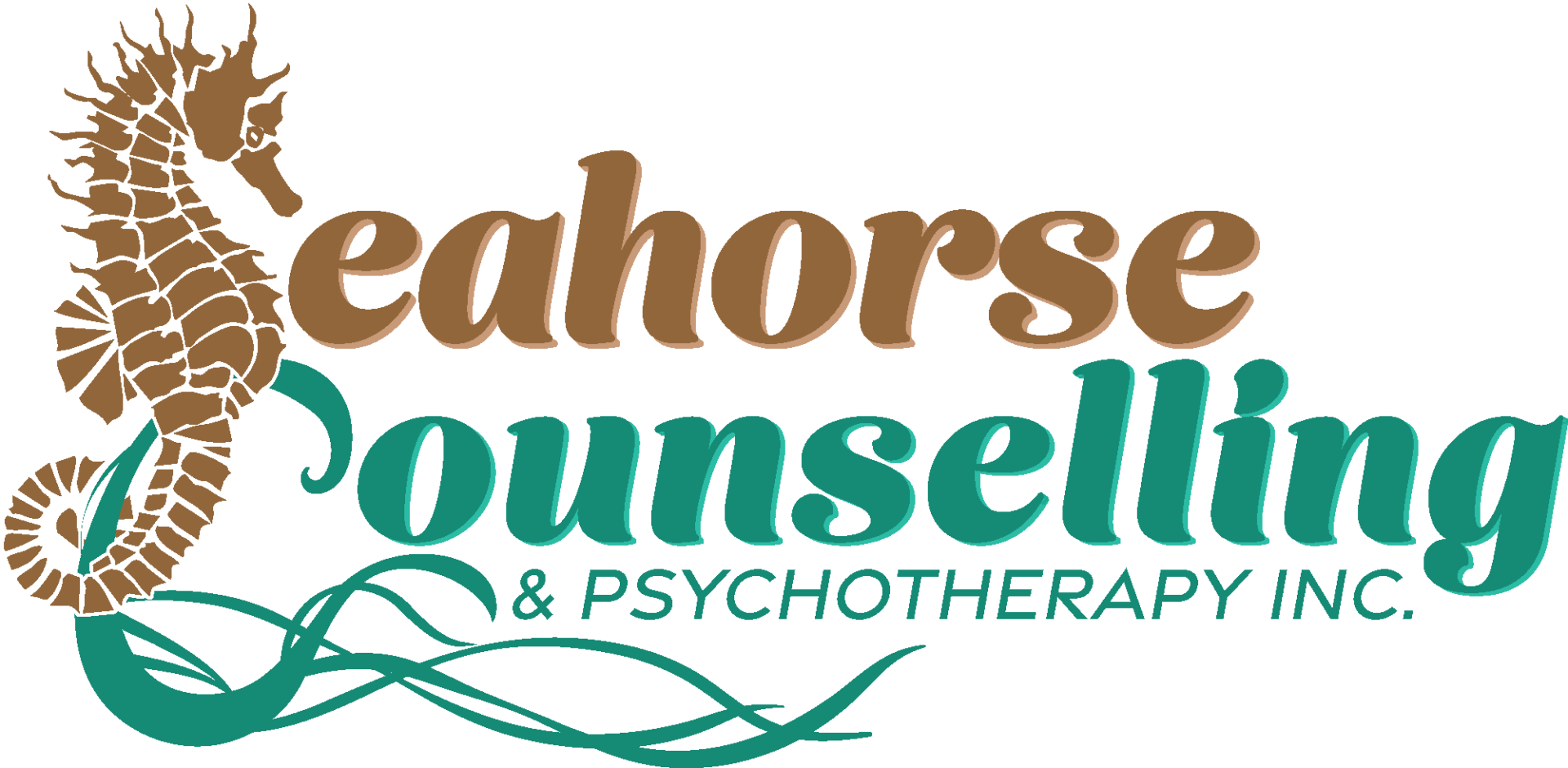With Julie Mills, RPC
We live with boundaries. From a very early age, we are taught social and cultural boundaries that help us be in relationships within our family, school, and community. Yet applying boundaries in our personal and professional lives as adults is more complex and is different for each of us.
One way to know when a boundary is working is to notice if it resonates with your values and helps maintain healthy relationships. Our lives involve many facets, that can change with different people or situations and can change over time, so setting boundaries is a work in progress. For example, we may be very good with our finances or setting limits on the time we spend at work, but still require help with setting boundaries with family or friends.
Boundaries expert Nedra Tawwab (2021) defines boundaries as, “expectations and needs that help us to feel safe and comfortable in relationships. This involves learning when to say yes and when to say no.” When I work with clients on setting boundaries, we talk about how things feel in the body. Your logical brain might pipe up and tell you that you “feel fine” when a sibling asks to borrow money. However, the internal emotions that are stirred up with that request may tell a different story. As a counsellor, I try to help my clients find the balance and look within for the answers.
Establish boundaries in your life that honour your values, establish safety and self-care will often lead to healthy relationships with loved ones, friends and colleagues. Healthy boundaries require that we build awareness around who we want to be close to based on our feelings of safety and trust. You may need to establish different boundaries for different people.
Establishing boundaries requires self-reflection. Are you clear on your priorities and values? How can you communicate your need for boundaries with others? Are my boundaries flexible or ridged? Does this boundary meet an emotional/physical/safety need?
As a counsellor, I can help you explore what feels best for you and resonates with who you are as an individual. It might involve a creative outlet, movement, a quiet place to think or through conversations. The most important thing is acknowledging your own needs and desires for setting boundaries. These can include boundaries focused on physical touch and intimacy, feeling heard and respected, emotional needs, financial limitations, and time
As counsellors, we can support you in exploring and establishing healthy boundaries. We can help you understand and define your own individual boundaries, provide a trusting and safe space to get acquainted with old patterns of behaviour that might be getting in the way of you setting healthy boundaries that meet your needs. We can also help you with effective language to use so as to minimize any negative reactions and build your confidence.
Understanding your need for boundaries, learning how to communicate your needs, and being proactive creates a solid base for healthy relationships. Learning about yourself and how to meet your needs can be one of the greatest gifts you can give yourself.
“Real change, enduring change, happens one step at a time.” — Ruth Bader Ginsburg





